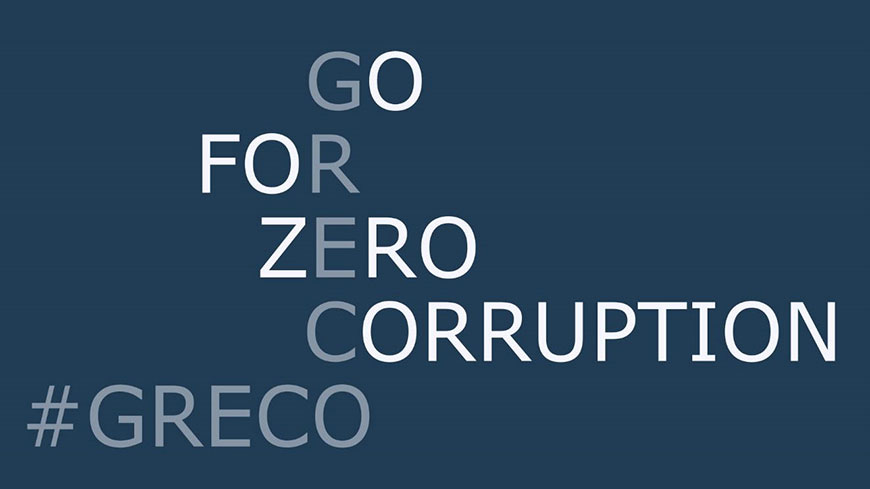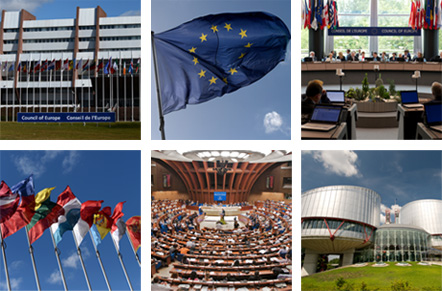In two reports published today, the Council of Europe’s Group of States against Corruption (GRECO) mixed praise with criticism regarding Greek efforts to fight corruption in both the legislative and judicial branches of government.
One of the two reports – Corruption prevention in respect of members of parliament, judges and prosecutors – concludes that only six out of 19 previous recommendations have been “dealt with in a satisfactory manner.” (see the Greek version of the report)
The report praises Greece’s Code of Conduct for members of parliament, which provides for rules relating to conflict of interest and gifts, among others, and includes a supervision and enforcement mechanism by a parliamentary ethics committee and with a range of possible sanctions. GRECO also commends increased transparency and a broadened scope for declaration of MP assets, income and interests, which would remain online until three years after the end of the declarant’s term of office.
In a unique publication, also published today, GRECO “re-assesses” Greece’s compliance with a specific recommendation on the transparency of party financing, because of a “clear reversal” of Greek policy with regard to anonymous contributions to political parties. (see the Greek version of this report)
That previous recommendation had permitted coupon-based donations only if they systematically indicated names and tax identification numbers or identity card numbers of donors. But just two years after banning anonymous donations completely, Greece reintroduced a certain level of anonymity. Concurrently, so-called fund-raising seems to allow for anonymous donations.



